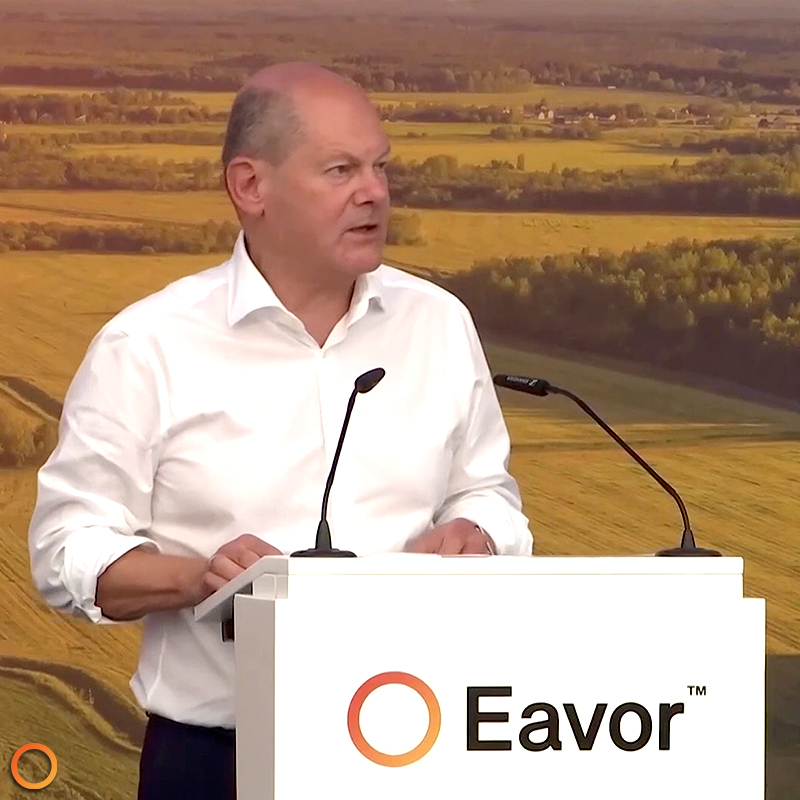The country of Taiwan recently hosted its first international conference on geothermal energy.
On Monday, January 9, 400 virtual and in-person visitors attended the conference in Taipei City, aimed at highlighting the nation’s geothermal advancements in light of the global energy transition.
Taiwan’s Ministry of Economic Affairs financed the event and the Taiwan Geothermal Association coordinated a full day of speeches and presentations from local and international organizations.
One such presentation came from the Taiwanese government and detailed the federal incentive programs for geothermal development, regulatory amendments such as simplifying permit acquisition processes, and unveiled 10 geothermal hot spots around the island with potential for resource development.
One geothermal power plant is currently in operation in the northeast corner of the island nation, with an estimated output of 4.2MW. Two more geothermal development projects are in the works, and the recent conference was intended to bring more international attention to the subterranean energy potential housed by Taiwan.
Companies like GreenFire Energy, Ormat Technologies, and Schlumberger have already invested in Taiwanese geothermal. The government announced a goal of net-zero by 2050, and Deputy Minister of Economic Affairs Tseng Wen-sheng said the geothermal industry is poised to play a vital role in reaching climate targets.
You can watch the entire conference here, and to read more about the event, click here for a ThinkGeoEnergy article highlighting the notable details.
Eavor investor Baseload Capital is also a major player in the Taiwanese geothermal industry, having founded Baseload Power and initiating geothermal drilling in 2019. Despite the existence of hot springs on the island, Baseload Power Taiwan have cited issues with conventional geothermal wells, particularly mineral build-up in pipes that reduce power generation over time.
But the closed-loop technology patented by Eavor is a potential solution to hurdles like scale deposits and concern for environmental impact. With a surface footprint significantly smaller than solar and wind infrastructure, and a radiator-like well design that uses a sealed system to extract heat, the issues Baseload Capital experienced in Taiwan could be a thing of the past, allowing the island to unlock its full potential for clean, green power for all.



















